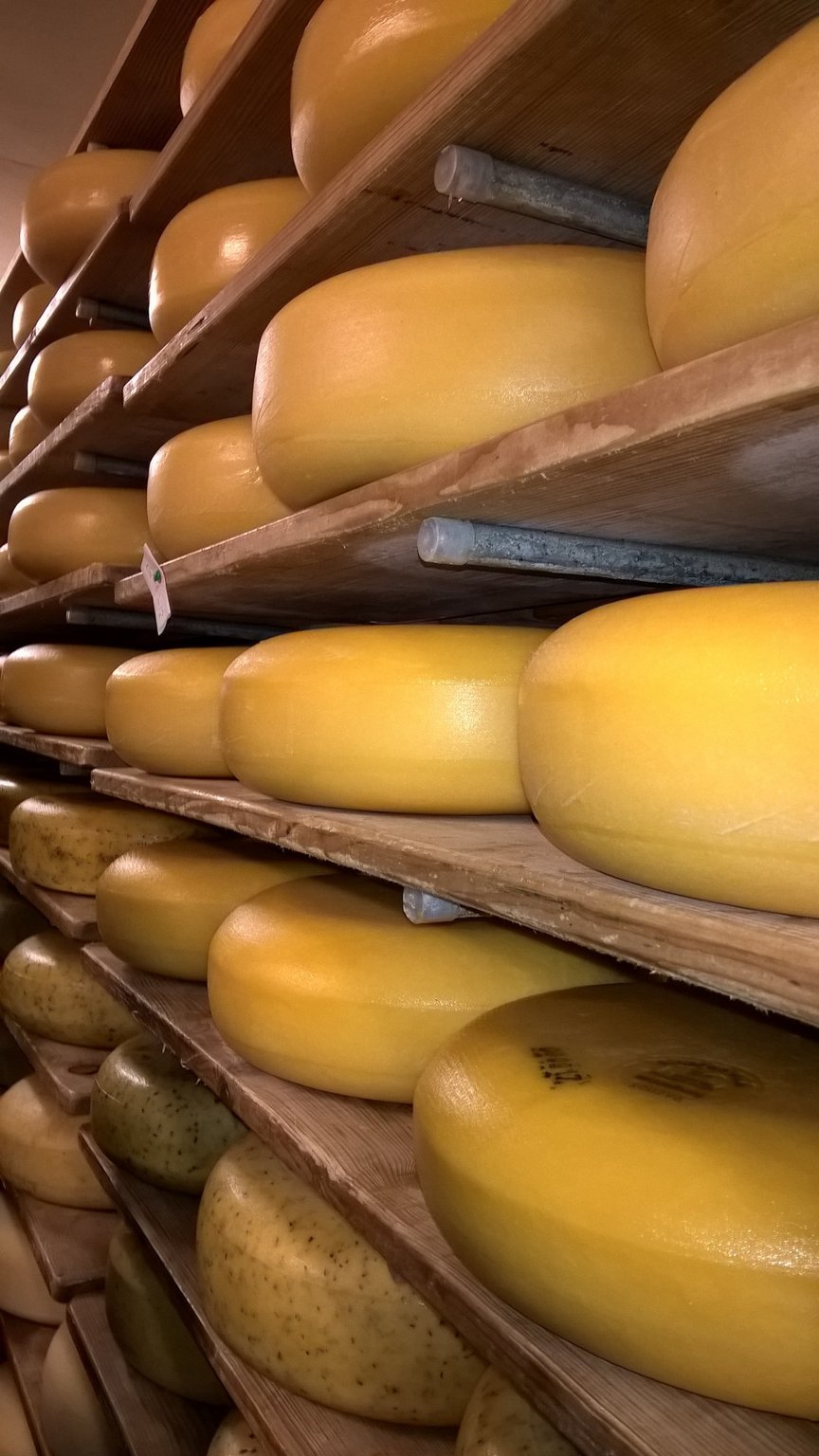By using our website, you agree to the use of cookies as described in our Cookie Policy
Gouda Cheese Vs. Cheddar: A Comprehensive Guide

Cheese, believed to have originated around 8000 BC, was initially a method to preserve milk before the advent of refrigeration. Today, the world boasts nearly 2,000 distinct cheese varieties.
Among these, Gouda and Cheddar stand out as popular choices, each offering unique flavors to culinary enthusiasts. But how do they stack up against each other? Let's delve into the intricacies of Gouda cheese vs. Cheddar.
What Is Gouda?
Gouda traces its roots to a namesake city in Holland. This milk cheese, derived from Dutch cows, is recognized for its semi-hard texture and a hint of nuttiness. A distinctive feature of Gouda is its orange-colored rind. From grilled cheese to fondue, Gouda's versatility is commendable.
What Is Cheddar?
Cheddar, like Gouda, is crafted from cow's milk but is notable for its lower fat content. The aging process determines its texture, with aged cheddar being crumblier than its younger counterpart. Originating in England, Cheddar's name isn't protected, allowing global production.
Gouda Cheese vs. Cheddar: A Detailed Analysis
While both cheeses are delectable, they have distinct characteristics:
- Origin: Gouda enjoys origin protection by the European Union, ensuring authenticity. Conversely, Cheddar, being globally produced, lacks such restrictions.
- Taste: Both cheeses share a subtle nutty undertone. However, Gouda leans towards sweetness, while Cheddar offers a buttery essence.
- Texture: Cheddar's harder consistency makes it perfect for grating, whereas Gouda's creaminess facilitates easier slicing.
- Rind: Gouda's iconic orange rind results from the paraffin wax encasement. In contrast, Cheddar typically lacks a rind.
- Color: Gouda's interior is pale white, potentially leaning towards orange with age. Cheddar, predominantly pale yellow, also comes in white and orange shades.
- Uses: Both cheeses are culinary delights. While Gouda shines in sandwiches, salads, and pasta toppings, Cheddar is a favorite for burgers and as a snack accompaniment.
- Fat Content: Traditional Gouda boasts a fat content surpassing seventy percent, attributing to its creamy texture. Cheddar, on the other hand, rarely exceeds forty percent.
- Melting Factor: Gouda's high fat content ensures rapid melting, making it ideal for fondues. Cheddar, though meltable, is better suited for burgers and casseroles.
- Production: Both cheeses start with heated milk. Gouda's production involves curdling with rennet, pressing to remove moisture, and brining before aging. Cheddar's process also involves rennet but emphasizes draining to achieve its characteristic dryness.
Deciphering Gouda and Cheddar
The debate of Gouda cheese vs. Cheddar highlights their unique attributes. While Gouda's origin is protected, Cheddar enjoys global production. Their taste profiles, though nutty, diverge in sweetness and butteriness.
For those keen on exploring a creamy fondue or a distinctive grilled cheese, we invite you to peruse our product page at Ambassador. Our curated selection promises high-quality cheeses for every palate.
‹ Back







